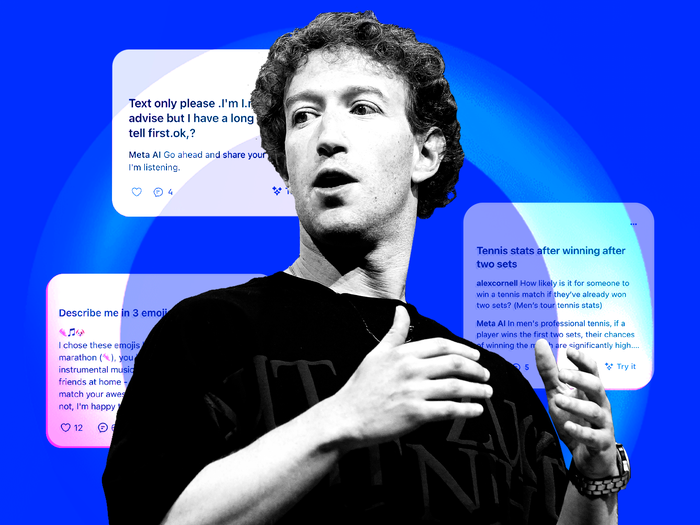Regional Court of Leipzig ruled that Meta must pay €5,000 per affected user for deploying its tracking pixel and SDK tools without valid GDPR consent. The court penalized Meta for collecting personal data from non-logged-in users via third-party websites and apps, enabling behavioral profiling and targeted advertising
Why This Case Matters
- No proof of individual harm needed: The court concluded that GDPR allows compensation based on systemic privacy violations—even if users suffer no direct loss
- Baseline for future claims: With millions potentially affected, damages could reach billions in total, as other users pursue similar suits .
- Wider implications: This decision may extend liability not just to Meta but also to websites using Meta’s tracking tools, prompting swift compliance checks BBC
Meta Responds
Meta has announced plans to appeal the ruling, and emphasized improvements in consent flows and data controls. However, privacy experts question whether these changes meet GDPR’s strict “granular and explicit consent” standards
Broader EU Enforcement Background
Meta has faced several GDPR penalties in recent years, including a record €1.2 billion fine from Ireland over cross-border data transfers , and another €60 million in France over cookie violations, as well as €390 million in Ireland for consent issues
What Comes Next
- Class-action surge? Many more users may file for compensation, leveraging the €5,000 benchmark without proving personal harm.
- Regulatory ripple effect: Other European courts may adopt Leipzig’s reasoning, widening the legal precedent.
- Compliance overhaul: Any website using Meta Pixel or SDK must urgently reevaluate consent mechanisms or face legal and financial risk.
Bottom Line
This case establishes a powerful precedent: under GDPR, users can claim compensation simply for unauthorized data collection. For Meta, this could trigger billions in liability. For digital publishers, it’s a wake-up call to reassess tracking practices—and for users, a major win in protecting digital privacy.



